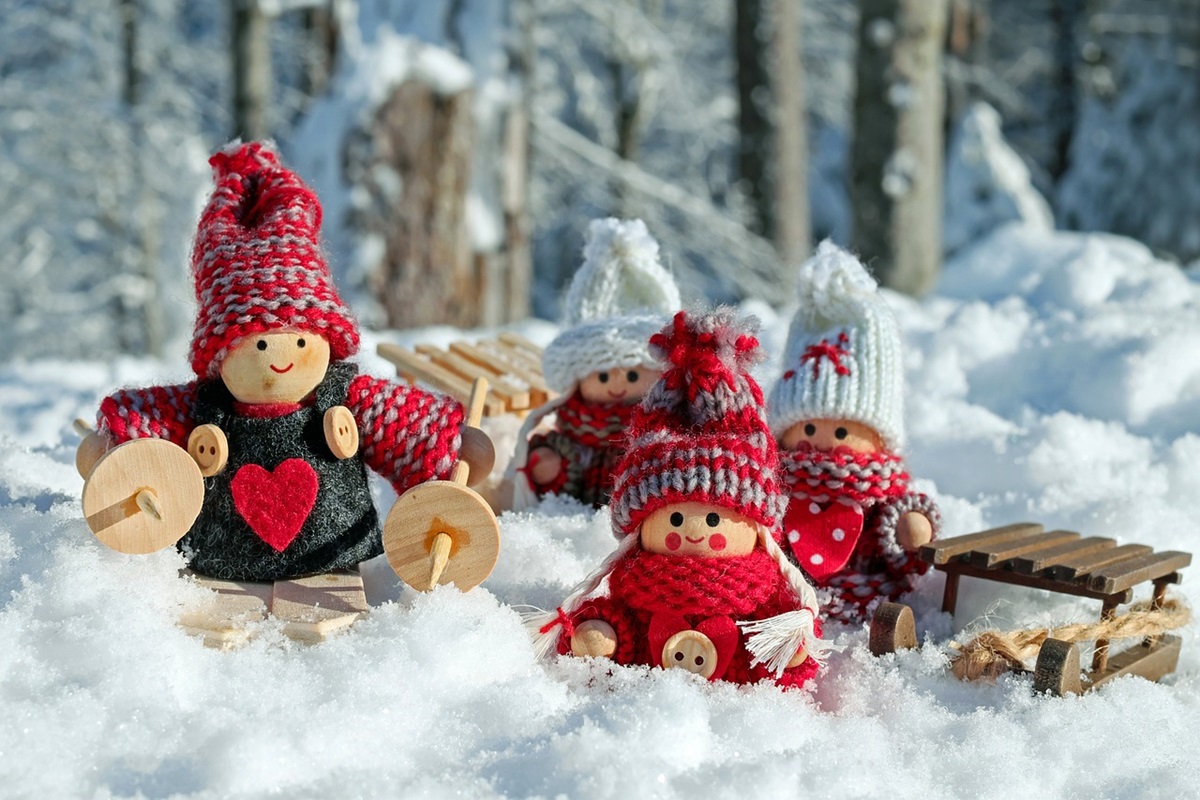Do you ever wonder why we celebrate Christmas on December 25th? It seems like a date that’s always been there, but the truth is, it wasn’t always so straightforward!
Let’s dive into history to understand how this special day came.
Early Celebrations
- Pagan Roots: Long before Christianity, many cultures celebrated winter solstices. These festivals often involved feasts, gift-giving, and honouring the sun’s return after the year’s shortest day. Consider it a big “welcome back, sunshine!” party.
- Roman Influence: The Romans celebrated Saturnalia, a week-long festival honouring the god Saturn, from December 17th to 23rd. This involved feasting, gift-giving, and even a temporary reversal of social roles (enslaved people were served by their masters!).
The Rise of Christianity
- Early Christian Uncertainties: Early Christians didn’t initially celebrate Christmas. They focused on celebrating Easter, commemorating Jesus’s resurrection.
- A Move Towards December 25th: Around the 4th century, the Church began to look for a date to celebrate Jesus’s birth. Why December 25th? There are a few theories:
- To Christianize Pagan Traditions: The Church hoped to draw people to Christianity by choosing a date already associated with festivities.
- A Symbolic Date: Some believe December 25th was chosen to symbolize the “enlightenment” of the world through Jesus, much like the sun’s return after the winter solstice.
- A Move Towards December 25th: Around the 4th century, the Church began to look for a date to celebrate Jesus’s birth. Why December 25th? There are a few theories:
- Official Recognition: Pope Julius I officially declared December 25th the Feast of the Nativity in 354 AD.
Christmas Through the Ages
- A Growing Tradition: Over the centuries, Christmas evolved. Traditions like decorating trees (inspired by ancient pagan customs), exchanging gifts (a continuation of Roman Saturnalia), and singing carols became part of the festive season.
- A Global Celebration: While Christmas has Christian roots, it’s now celebrated worldwide, often with a blend of religious and secular traditions.
Sharing the Magic with Your Kids
- Keep it Simple: You don’t have to delve into all the historical details with your little ones.
- Focus on the Spirit: Emphasize the values of kindness, generosity, and spending time with loved ones.
- Create Your Own Traditions: Start your own family Christmas traditions, such as baking cookies, reading Christmas stories together, or volunteering at a local shelter.
So, when enjoying the Christmas festivities, remember the fascinating journey of this special day – from ancient pagan celebrations to the global holiday we know and love today.
Note: This article provides a simplified overview. Christmas’s history is complex and involves various religious and cultural influences.
Disclaimer: This article is for informational purposes only and does not constitute religious or historical expertise.





